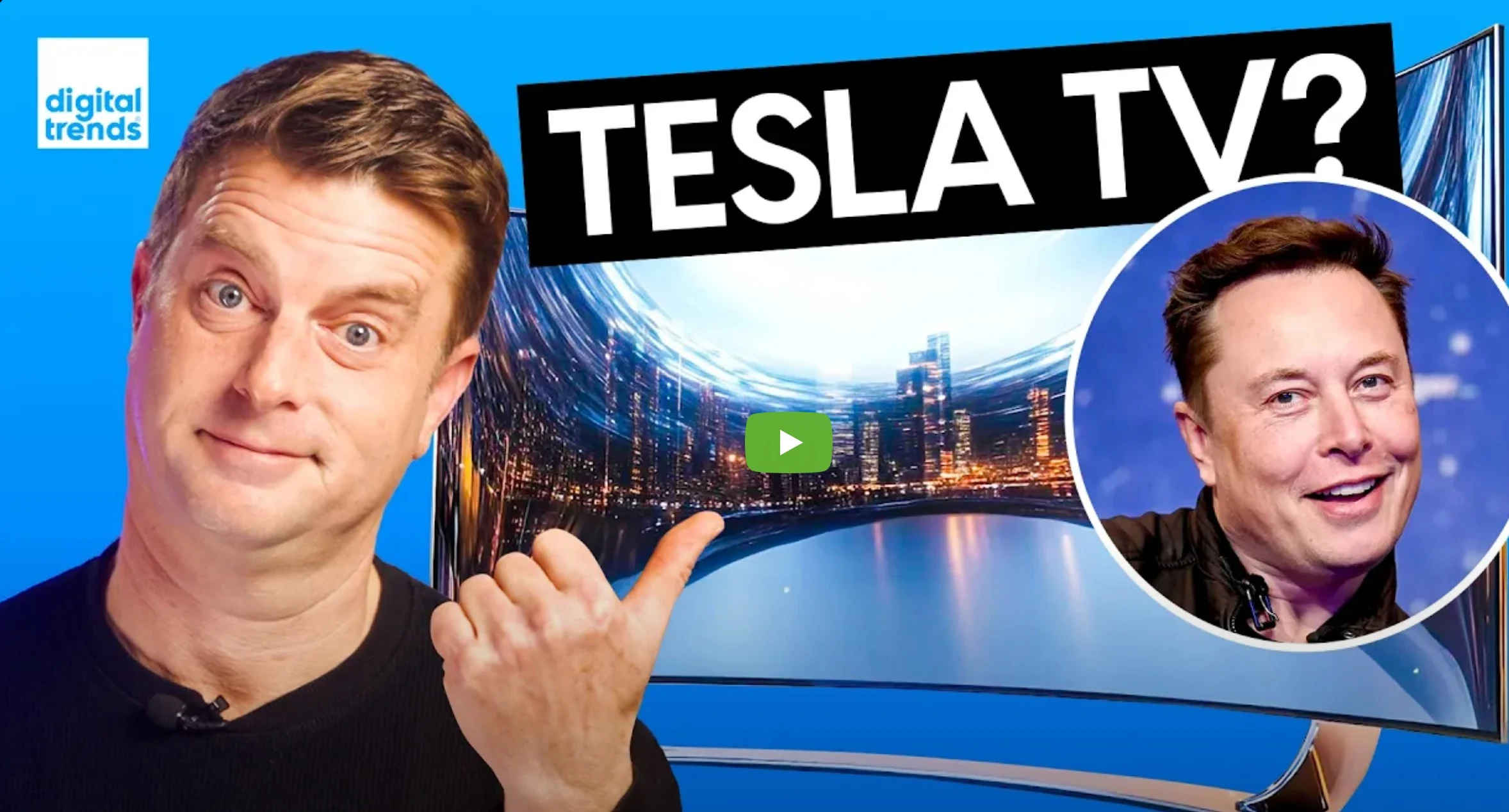Key Takeaways
1. Tesla TVs are not related to Elon Musk or Tesla Inc.; they come from Tesla Appliances, a Serbian company.
2. Misleading online information, including AI-generated content and fake articles, has falsely connected Musk to these TVs.
3. The scam involves shockingly low prices and deceptive marketing tactics similar to previous scams like the Tesla Space Heater.
4. Consumers risk receiving untested products or getting scammed out of their money with limited recourse.
5. Important warning signs for online scams include deals that seem too good to be true, lack of reputable retailers, and absence of credible tech reviews.
In a recent investigation, Caleb Denison looked into the excitement around what are called Tesla TVs, which many people thought were the newest innovation from Elon Musk and his company, Tesla Inc. However, Denison found out that these TVs are not related to Musk or his electric car company at all. They actually come from Tesla Appliances, a Serbian company that is part of the Comtrade Group. While these televisions are real and mainly sold in Eastern Europe, a surge of misleading online information has tricked many into thinking Musk is involved. Videos made by AI, fake articles, and cleverly edited real footage have contributed to a false story that Tesla is about to shake up the TV market with ultra-affordable, high-tech screens.
The Scam Unveiled
The deceptive side comes from websites and social media that wrongly connect Elon Musk to these televisions, often advertising them at shockingly low prices—like $200 for a 75-inch version. This mirrors past scams, such as the so-called Tesla Space Heater, which incorrectly used Musk’s name to sell a low-quality item at a high price. The misleading promotion utilizes AI-generated voices, deepfake videos, and fake reviews to create the illusion that these TVs are revolutionary products from Musk’s Tesla. In truth, buyers face the risk of either getting an unfamiliar, untested item shipped from abroad or, even worse, paying for something and receiving nothing, with limited options to get their money back.
Cautionary Insights
Denison’s research serves as a warning about today’s online scams. He points out some important warning signs: if an offer appears too good to be true, it likely is; if a product isn’t sold by trusted retailers, be doubtful; and if reliable tech reviewers aren’t discussing it, question its authenticity. The Tesla TV scam shows how fake AI-generated content and misleading branding can trick unsuspecting consumers. Although Tesla-branded TVs do exist, they are not connected to Elon Musk, and the excitement around them is part of a complex misinformation scheme. This situation highlights the need for checking sources, questioning online assertions, and staying alert against a more sophisticated world of digital trickery.
Source:
Link


Leave a Reply